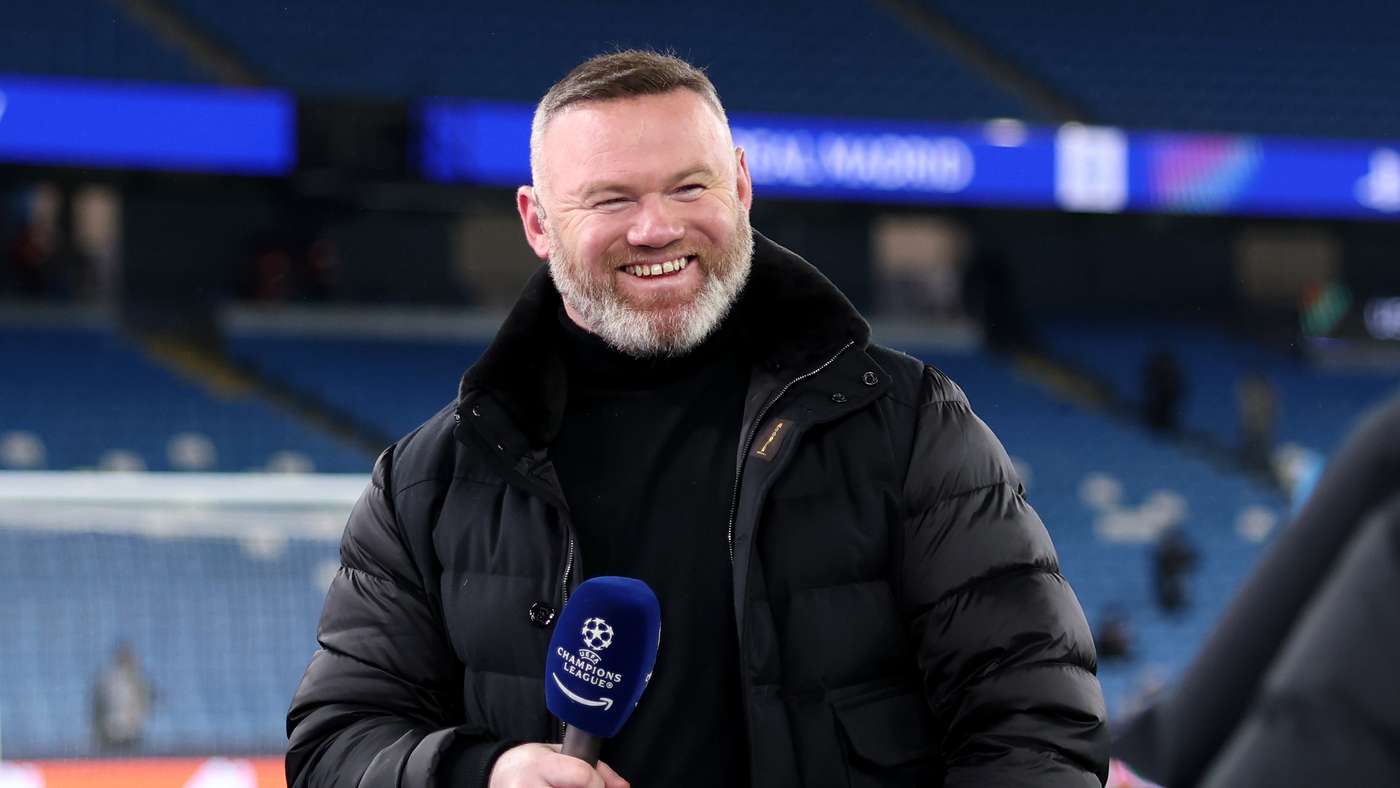Angola’s Legend Aqua Speaks: The Messi–Ronaldo Duel Didn’t Define Salah’s Golden Ball Fate
28 October 2025

Angola’s Football Legend Speaks on Africa’s Rise, the Messi–Ronaldo Shadow, and Salah’s Golden Ball Prospects
Fabrice Alcibiades Maieko, widely known as Aqua, stands as one of Angola’s football legends, celebrated for steering his nation to the 2006 World Cup—their lone appearance on football’s biggest stage. His career carried him through a notable Benfica spell and later stints with clubs across the Saudi youth system, Qatar, and the Gulf, earning him respect across continents.
In a detailed conversation with Kooora, Aqua reflects on how African football has evolved, the trials facing the Angolan national team, and his view on Mohamed Salah’s prospects in the Ballon d’Or race. He offers a measured take on whether Africa is catching up to Europe and South America, and what still needs to happen for the continent to compete at the very highest levels.
On the current state of African football, Aqua emphasizes that competitiveness is rising thanks to greater club investments and more African players in Europe’s top leagues. He notes that stronger clubs are helping smaller teams compete with the elite, while national teams are benefiting from more talent crossing borders and bringing back experience to the continent.
Asked about the main factor that could close the gap with European and South American football, he points to sustained investment in player development, better facilities, and smoother pathways for transfers to Europe. He also stresses the need for administrators to shift focus from personal gain to truly growing the game within Africa.
When asked who he views as Africa’s best player right now, Aqua lists a cadre of stars rather than a single name: Ademola Lookman, Achraf Hakimi, Victor Osimhen, Mohamed Salah, Bryan Mbwuomo, Andre Onana, Serhou Guirassy, Omar Marmoush, Ramy Bensebaïni, and Gini Katamu. He underscores that Africa boasts multiple talents who consistently perform at high levels.
Regarding Salah’s Ballon d’Or chances, Aqua argues Salah’s sustained excellence in one of the world’s toughest leagues—competing with icons like Ronaldo and Messi—has kept him in the conversation. Yet he concedes that the era’s dominance by those two legends constrained other African players’ opportunities to claim football’s most prestigious individual prize.
On whether African players are judged by different criteria for global awards, Aqua dismisses any inherent bias, attributing Salah’s near-misses more to the era’s overwhelming competition than to double standards. He reiterates that continued consistency and higher exposure in Europe remain crucial for any African to secure similar honors in the future.
When the topic shifts to Chiko BanZa’s move to Zamalek, Aqua calls it a solid transfer—challenging at first, but with potential to make a real impact as stability grows. He is confident BanZa can thrive in Egypt’s high-pressure league, noting that today’s players are mentally tougher and that BanZa has the resilience to adapt and shine.
Looking ahead to the 2025 Africa Cup of Nations group containing Angola, Egypt, South Africa, the Democratic Republic of Congo, and Zimbabwe, Aqua describes the group as tough yet balanced. He believes Angola can surprise if they capitalize on opportunities and maintain discipline, even as the level of competition remains high across the board.
On Angola’s ongoing World Cup quest, Aqua attributes the 2021–2024 struggle to administrative chaos within the football federation, inconsistent performances, and dropped points at home. He notes that while Cape Verde earned a deserved qualification for the next tournament, Angola’s development roadmap remains a work in progress, needing coherent governance and sustained investment.
Reflecting on a recent Clasico, Aqua remarks that Real Madrid’s performance showed their intent to rewrite the narrative and to seize control when it matters. He praises Barcelona for their strengths last season but asserts Real Madrid’s improved game management and execution were decisive on the day.
About Lamine Yamal’s conduct, Aqua suggests a more measured approach—he believes Yamal is an extraordinary talent who should let his football on the pitch do the talking. He criticizes the post-match moment that stirred controversy, noting leadership expectations and the need for unity among players. In the end, Aqua trusts that the better team won that clash, with talent on both sides proving why football remains the beautiful, unpredictable sport we love.
In sum, Aqua’s interview paints a portrait of Africa’s football as a rising powerhouse, tempered by governance challenges and the ongoing global competition for awards and recognition. The stars are bright, the pathways are opening, and the continent’s next generation is ready to push past the shadows of the Messi–Ronaldo era.
Punchline time: If football ever runs for president, Aqua would run on a platform of “more assists, fewer trophy shelves.” And if Salah keeps chasing the Golden Ball, he might need a bigger trophy cabinet—preferably one that doesn’t wobble on the podium when the fans chorus “we want more!”



